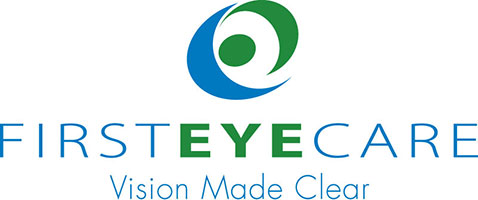It’s no secret that as the older you get, the greater the risk of losing your eyesight becomes. Many are forced to wear contacts and glasses to improve their eyesight but caring for your vision goes far beyond just corrective lenses. Even though age plays a factor in vision loss, you can still take the necessary steps to ensure that your eye health and vision remains good well into your 60’s. Maintaining a proper diet, resting well, and exercising can all help improve your eye health.
Get Regular Eye Exams
Getting an eye exam includes much more than just making sure your glasses are up to date. Eye exams are a perfect opportunity to pick up on any eye diseases like glaucoma or cataracts and get ahead of the problem. Being over the age of 60, you should visit your optometrist once a year for an eye exam. Your doctor will be able to advise you on what you should do if you are experiencing any trouble in your vision.
Eat Well
It may come as a surprise to some but maintaining a healthy diet has been shown to improve the health of your eyes. Choosing foods that are rich in antioxidants can reduce your risk of cataracts. Some of these foods include leafy green vegetables, fish, and others that contain Vitamin A and C. Some foods contain important and beneficial omega-3 fatty acids like salmon and other fatty fish. These fatty acids are crucial to the health of the macula, the part of the eye responsible for central vision. Limiting the amount of alcohol and saturated fats you consume will also reduce the amount of harm your macula may receive.
Exercise
Staying active and exercising also have plenty of benefits for your eye health. These exercises do not have to be high-intensity workouts. Walking, yoga, and stretching and breathing are all suitable exercises. Exercise improves your blood circulation which enables more oxygen to reach your eyes as well as improving the removal of toxins.
Stay At A Healthy Weight
Making sure that you stay a healthy weight for your size, sex, and age is also important to caring for your vision. Your risk for diabetes increases whenever you are overweight, leaving you in danger of contracting diabetic retinopathy which can lead to vision loss. Exercise and a healthy diet are great tools at sustaining a healthy weight.
Do Not Smoke
It has been well documented how harmful smoking can be for one’s health, but one threat that is hardly discussed is the danger it can have on your eyes. Your eyes become exposed to high levels of oxidative stress when smoking. Smoking also increases your risk of developing age-related macular degeneration, cataracts, and other eye conditions. Removing smoking from your life will have a beneficial impact on both the health of your body and your eyes.
Wear Sunglasses
Sunny days are a wonderful time to spend outside and be active, but heavy, strong sunlight can also be tough on your eyes. Wearing sunglasses that protect you from the suns harmful ultraviolet (UV) rays reduce your risk of cataracts, pinguecula, and other eye conditions. Make sure that the sunglasses you wear have a protective UV filter on them.
Sleep Well
Whenever you are sleeping, your eyes are constantly being lubricated, washing out any irritants that built up on your eye throughout the day. This makes sure that no foreign object can damage your eye. Also, a good sleep schedule can aid you in many other health aspects like weight loss, energy for exercise, and others that help improve your vision.
Getting older brings with it many amazing things, but it also comes with its own set of dangers. The fear of vision loss can be a scary and worrisome experience, but you can still take the proper steps to make sure you care for your vision. Along with these tips, make sure you schedule an eye exam once a year with your Hurst optometrist at First Eye Care DFW to make sure that you stay on top of your eye health.



